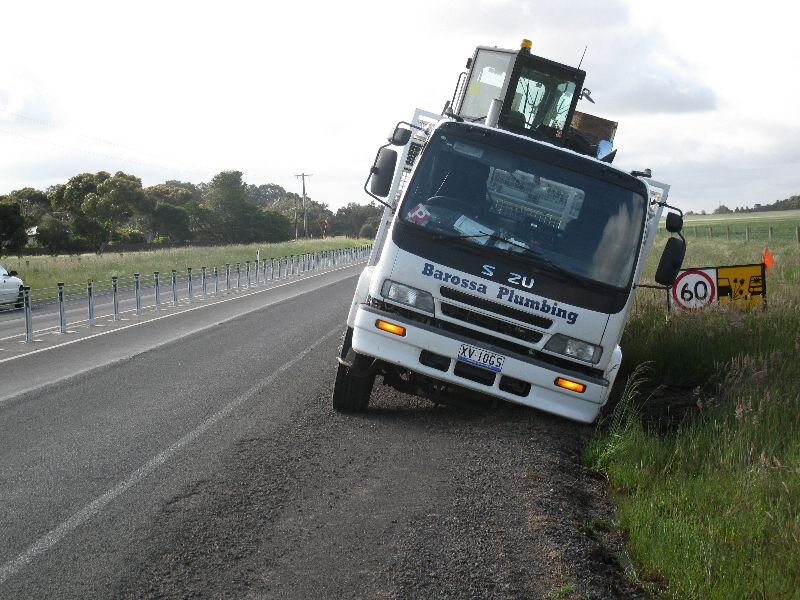Fix the potholes and forget wire rope barriers
Member for Western Victoria, Bev McArthur, has welcomed an extra $56 million from the Federal Government to improve road safety in Victoria, with $49 million of it directed to regional Victoria.
However, she said the Victorian Government’s decision to spend it on 29 projects that include ‘the installation of flexible safety barriers” is unfortunate.
Mrs McArthur said the State Government keeps rolling out wire rope barriers (WRB), despite them being removed in other states and countries or not used to the extent occurring in Victoria.
“There are repeated stories across Western Victoria which tell the tale that these ‘road safety’ solutions are not solutions at all.
“They can cause driver frustration on long stretches of single-lane road when a slow vehicle is leading, they can further narrow smaller roads forcing larger vehicles to the potholed extremities, and can inhibit emergency services access to accident sites.
"There is the added concern expressed by motor cyclists who endure horrific, if not fatal injuries if they come into contact with WRB,” Mrs McArthur said.
She said the better use of such funding would be to make the roads safer by properly maintaining them or building roads better.
“Locals will tell you that potholed roads right across this region are dangerous. The Lismore-Scarsdale Road is just one of the road network horrors.
“Efforts to avoid potholes and degraded roadsides also create unsafe roads. Add to that, the frustration of drivers forced to 40 km/hr on roads that should be 100 km/hr. Poor roads also add significantly to the cost of doing business in the transportation of goods.
“Proper road maintenance is where the Victorian Government should be spending money on roads in regional Victoria,” she said.
“Rural motorists, passengers and children in school buses shouldn’t have to put up with needless and expensive wire rope barriers, when genuine road safety can be achieved by effective long term maintenance instead of short term stop gap repairs.
“This standard would not be acceptable in Melbourne – and it’s not acceptable in the country where driving distances are greater and motorists' lives are just as important.”
Friday’s Commonwealth/State funding announcement coincided with new statistics showing the impact of illicit drugs on car accidents.
A report in the Herald Sun revealed one in eight people taken to Melbourne’s road trauma hospitals has taken drugs such as ice before driving.
It said, “Spiralling rates of ice use are fuelling Victoria’s drug-driving injury toll, with doctors detecting methamphetamine in 77 per cent of those who used illicit substances before being in a crash.”
Mrs McArthur said Victorians who drive safely, and value their lives, should be alarmed.
“This is scary stuff. And we’re all paying for it via public hospital costs and TAC payouts.
“But the question is this, what is the previously announced $30+ million dollars on wire rope barriers in each of the Wannon and Ballarat electorates alone, going to do to stop someone who is incapable of driving, let alone driving safely?
“The time has clearly come for governments to get serious about illicit drug use – a supply and demand industry – and the legal and fine implications for drug affected drivers.
“The debate must be had.
“In the meantime, the Victorian Government should properly fix the potholes, and ensure 100 km/hr roads are 100 km/hr roads.
16 August 2021
The Lismore-Scarsdale Road reduced to 40kms/hr due to potholes and no maintenance.
Narrowed roads caused by wire rope barriers also minimise the roadsides and expose larger vehicles to deteriorating verges.
Speed limits applied instead of fixing the problem of poor road construction and maintenance.
WRBs limit safe passing opportunities leading to long queues of traffic, driver frustration and costly, extended transport times.




